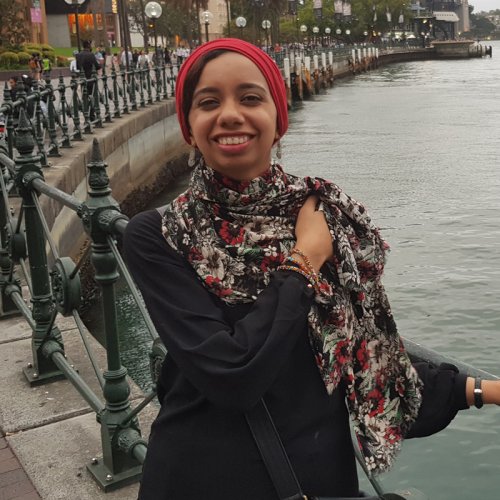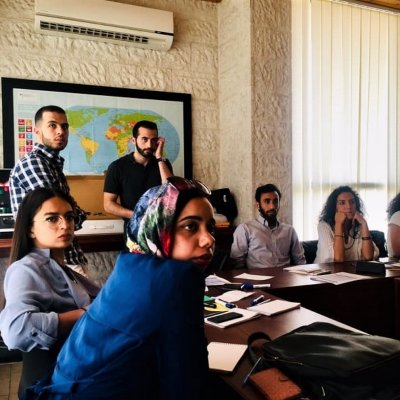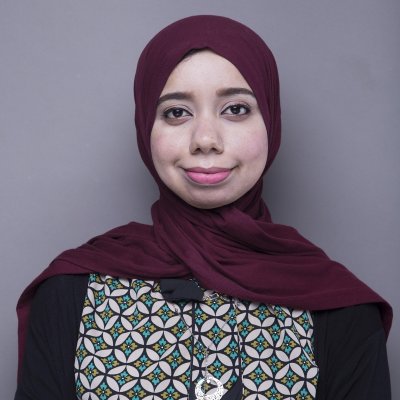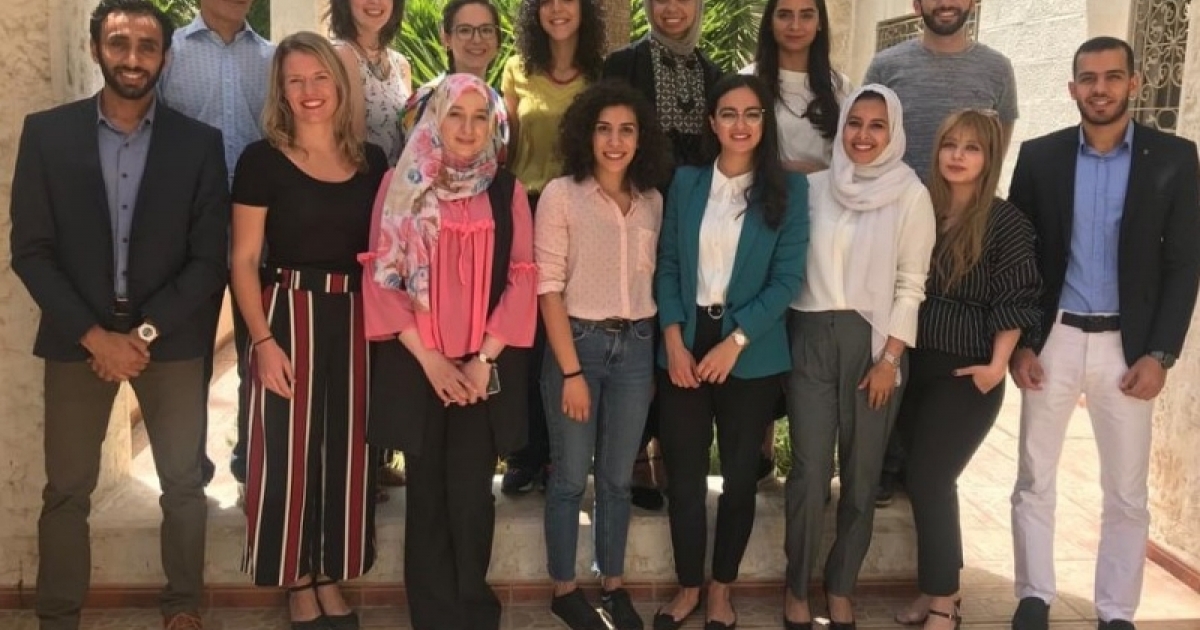“Rejections Are Not the End of the World”
Esraa Eldawody Elmaddah is 28 years old, she is a second-year Master of engineering student. She has accepted the scholarship award of New Zealand development Scholarships in 2016 to study Master of Engineering at Auckland university of technology, followed by another award in 2017 of upgrading the scholarship from Master of Engineering (course work) to Master of engineering (Research) based on her excellent performance. Her research title is an assessment of Concentrating solar power for Egyptian locations. She has been the first deputy of the AUT NZ Scholars student peer mentoring research group. She is Interested in renewable energy and sustainability and woman empowerment.
Q: Tell us a few things about your country, and also your life's story!
A: Egypt has some interesting facts related to its location, our ethnicity is considered a bit complicated as we are Arabs, Africans, Middle-Εasterns. Also, its exact location in the middle of the region makes a difference.
I grew up in a coastal city, not the capital which is Port Said, from its name it’s a port city which was kind of different environment to live in to compared with other cities. The city in not as big as Cairo though its important location, and Suez Canal existence just put it on the map. I am the youngest in my family, I remember people saying that I was really good at math so I became kind of famous in high school for that. When I was in high school I didn’t know what I really wanted at that time, so I went to engineering school because my family thought it was better to go to a nearby university as a girl! Initially, I didn’t like it, and I choose the electrical power department because in this department you study lots of mathematics subjects. Then in my graduation year, everything changed due to my graduation project in renewable energy when I found my passion. The project participated in "Made in Egypt" which is a university-industry linkage competition founded and organized by IEEE Egypt GOLD. This project helped me to see beyond engineering and see how industry could be linked to research, and the rest of the story is known.
Q: What is your view of the world as it is today? And how do you define the concept of a better world?
A: Honestly, we can say that today’s world is full of contradictions. From a side, there are some people who want the minimum rights of living and from the other side there are people who want to have it all. Also when it comes to nature, we are not in a good stand. My definition of a better world would be that it has peace, justice, good education, equality and especially for minorities and awareness of climate change impact.
Q: As a young individual what are a few of the hurdles that you had to overcome up until today?
A: I think being a woman in engineering with limited offered jobs was the first hurdle I had to overcome when I graduated. Also, to take the decision to change my career from industry to academia, it was not an easy option to sacrifice my financial independence and go after my dream and search for a scholarship abroad to study renewable energy. Finally, being able to adapt to a different country with a different surrounding environment without affecting my academic performance was a challenge for me as well.
Q: Why is the role of a mentor important for you?
A: In this life, many times you reach a path and you don't know how to go through it and you need someone to guide you through the way!
Q: Do you have a lesson that life has taught you and you would like to share?
A: Rejections are not the end of the world, so we shouldn't be affected by them, it's all about the endings! A straight path is no fun.
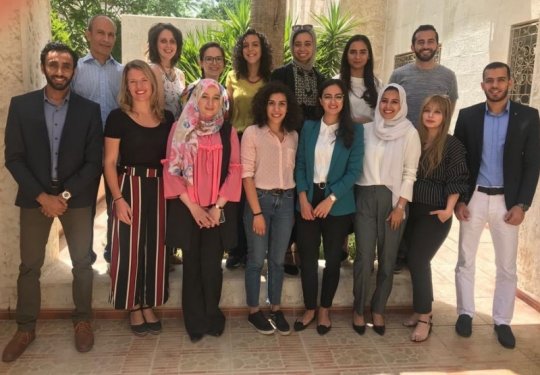
Q: Name a project, a foundation or a person in your country that you think is doing great work in helping improve other people's lives!
A: I used to volunteer in Life Makers foundation and I saw them doing a great job in awareness field. Also these days, Mohamed Salah the Egyptian footballer has a great effect on youth and shows a good example of how to give back to the community.
Q: What are some of the challenges that women in your country face and what efforts are made towards gender equality?
A: Sexism is still an issue also, sexual harassment. For sexism, some companies are slowly changing their mind, as for sexual harassment, laws and regulations exist already but they just need more enforcement.
Q: Athena40 is the first ever global selection of the top 40 women forward thinkers, commentators, activists, authors, academics, entrepreneurs, executives, innovators. Can you think of a truly innovative and forward-thinking woman from your country that you wish to nominate for the Athena40 global list?
A: I know it would be better to nominate someone not from the government, though I believe the person that I can nominate is the current Egyptian minister of tourism Rania Al -Mashat for her amazing efforts and initiatives.


